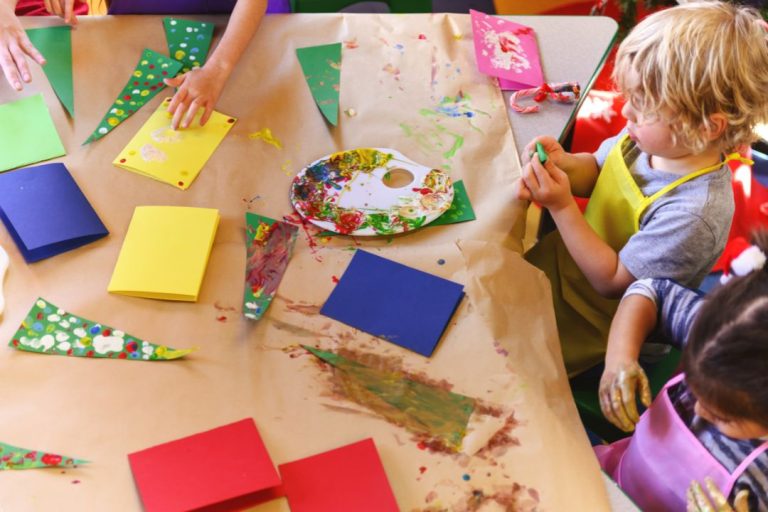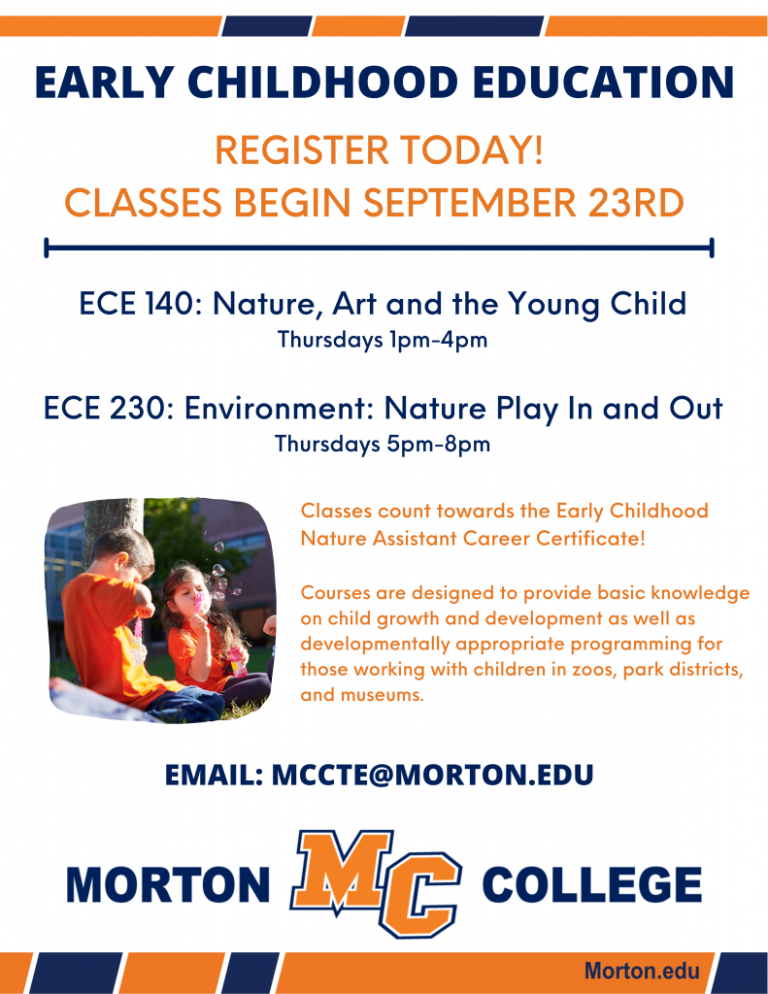Unlock Your Potential: What Can I Do With an Early Childhood Education Degree?

With an early childhood education degree, you can work as a preschool teacher, childcare worker, or daycare director. An early childhood education degree prepares you for careers in teaching and childcare, providing you with the skills and knowledge to work with young children in various settings.
You can also pursue roles in early intervention, child development research, or curriculum development. This degree opens doors to opportunities to make a positive impact on the lives of young children and their families. Additionally, it allows you to contribute to the field of early childhood education by implementing best practices and promoting the well-being and development of children during their formative years.
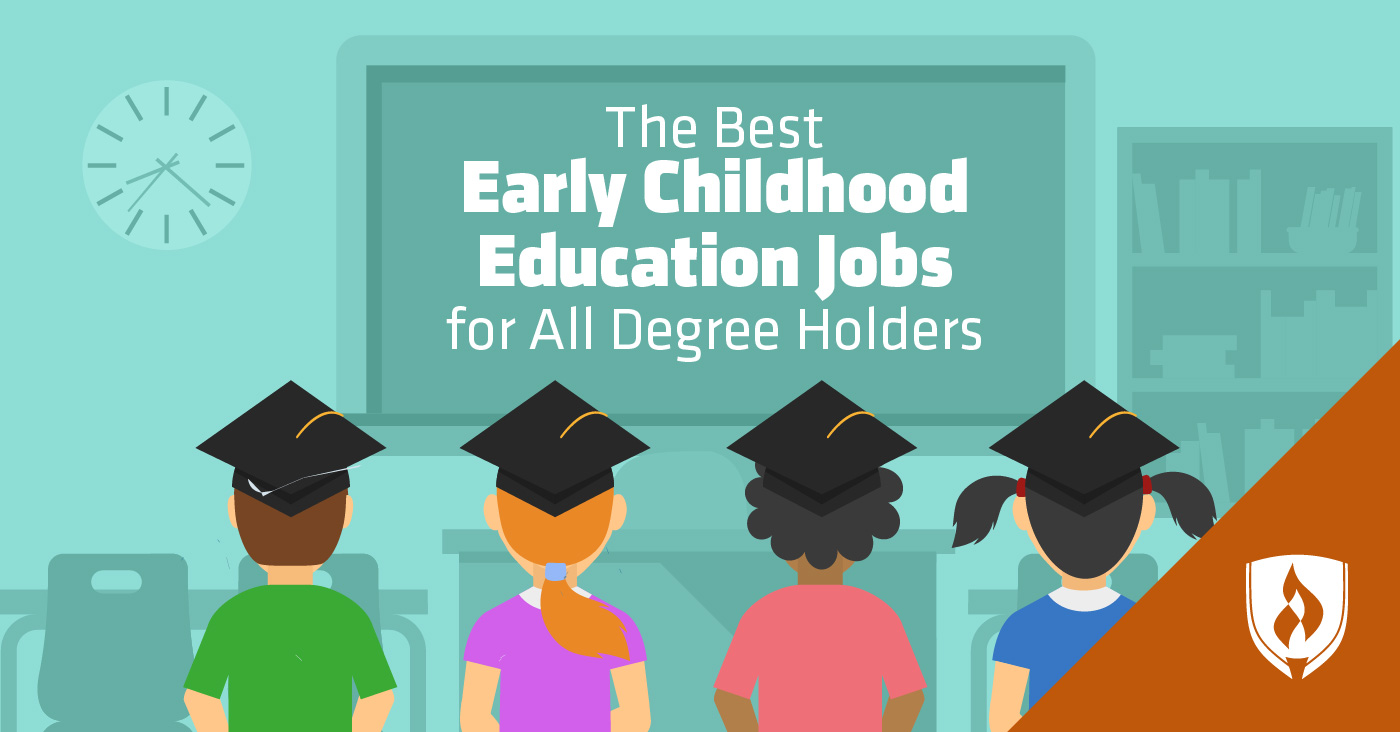
Credit: www.rasmussen.edu
Career Opportunities
An early childhood education degree offers numerous career opportunities that cater to individuals passionate about shaping young minds and making a positive impact on children’s lives. Whether you aspire to become a teacher, pursue administrative roles, or explore various specialized positions, an early childhood education degree equips you with the necessary skills and knowledge to thrive in the field.
Teaching Positions
Teaching positions are a fundamental career path for individuals with an early childhood education degree. With this qualification, you can embark on a fulfilling journey as a preschool teacher, kindergarten teacher, or elementary school educator. Your role will involve creating engaging lesson plans, fostering a nurturing learning environment, and implementing developmentally appropriate activities to stimulate young minds.
Administrative Roles
For those inclined towards leadership and organizational management, an early childhood education degree opens doors to administrative roles within educational institutions. You can pursue positions such as preschool director, childcare center manager, or program coordinator. These roles involve overseeing curriculum development, managing staff, and ensuring compliance with regulations to provide a high-quality educational experience for young children.
Impact Of Early Childhood Education
Early childhood education has a significant impact on a child’s development and future success. Building strong foundations, influencing development, and shaping young minds are crucial aspects of early childhood education that have a lasting impact on individuals and society as a whole.
Building Foundations
Early childhood education provides the building blocks for a child’s future academic and social success. It focuses on developing essential skills such as language, literacy, and numeracy, as well as nurturing social and emotional development. These early experiences lay the groundwork for lifelong learning and overall well-being.
Influencing Development
Early childhood educators play a pivotal role in shaping a child’s cognitive, emotional, and social development. They create stimulating and nurturing environments that encourage exploration, creativity, and critical thinking. By providing enriching experiences and individualized support, they help children reach their full potential and develop a love for learning.
Specializations In The Field
Early childhood education is a diverse field that offers various specializations to cater to the unique needs of young children. Specializing in a specific area within this field can help educators make a more significant impact on children’s lives and provide them with the necessary skills and knowledge to excel in their careers. Let’s explore a couple of specializations in the field of early childhood education.
Special Education
Special education is a critical specialization in early childhood education. It focuses on providing support and tailored instruction to children with special needs, such as learning disabilities, developmental delays, or behavioral challenges. Early childhood educators specializing in special education are trained to create individualized learning plans, implement specialized teaching strategies, and collaborate with parents and other professionals to ensure the overall development of children with diverse abilities.
Child Development
Child development is another prominent specialization in the field of early childhood education. This specialization focuses on understanding and facilitating the physical, cognitive, social, and emotional development of young children. Educators specializing in child development are equipped with knowledge of developmental milestones, learning theories, and age-appropriate teaching strategies. They play a crucial role in creating nurturing environments that promote optimal growth and learning experiences for children during their formative years.
Advancements In The Industry
Advancements in the early childhood education industry have created numerous opportunities for professionals with a degree in this field. The emphasis on quality education and early intervention has led to a growing demand for skilled individuals who can contribute to the sector’s progress.
Research Opportunities
Research in early childhood education offers a platform for professionals to delve into various aspects of child development, learning methodologies, and educational strategies. This allows for the discovery of innovative practices and the development of evidence-based teaching approaches.
Policy Development
Early childhood education degree holders can play a crucial role in shaping policies that impact the education sector. By being involved in policy development, they can influence decisions that promote the welfare and development of young children, ensuring that they have access to high-quality educational experiences.
Skills Developed
Obtaining an early childhood education degree equips you with a range of valuable skills that are essential for a successful career in this field. The program not only focuses on theoretical knowledge but also emphasizes practical skills that are vital in working with young children.
Communication
Effective communication is a key skill developed through an early childhood education degree. This includes verbal and non-verbal communication techniques that are crucial when interacting with children, parents, and colleagues.
Problem-solving
The degree program enhances your problem-solving abilities, allowing you to identify and address challenges that may arise in a classroom or childcare setting. This skill is essential for creating a safe and nurturing environment for young learners.
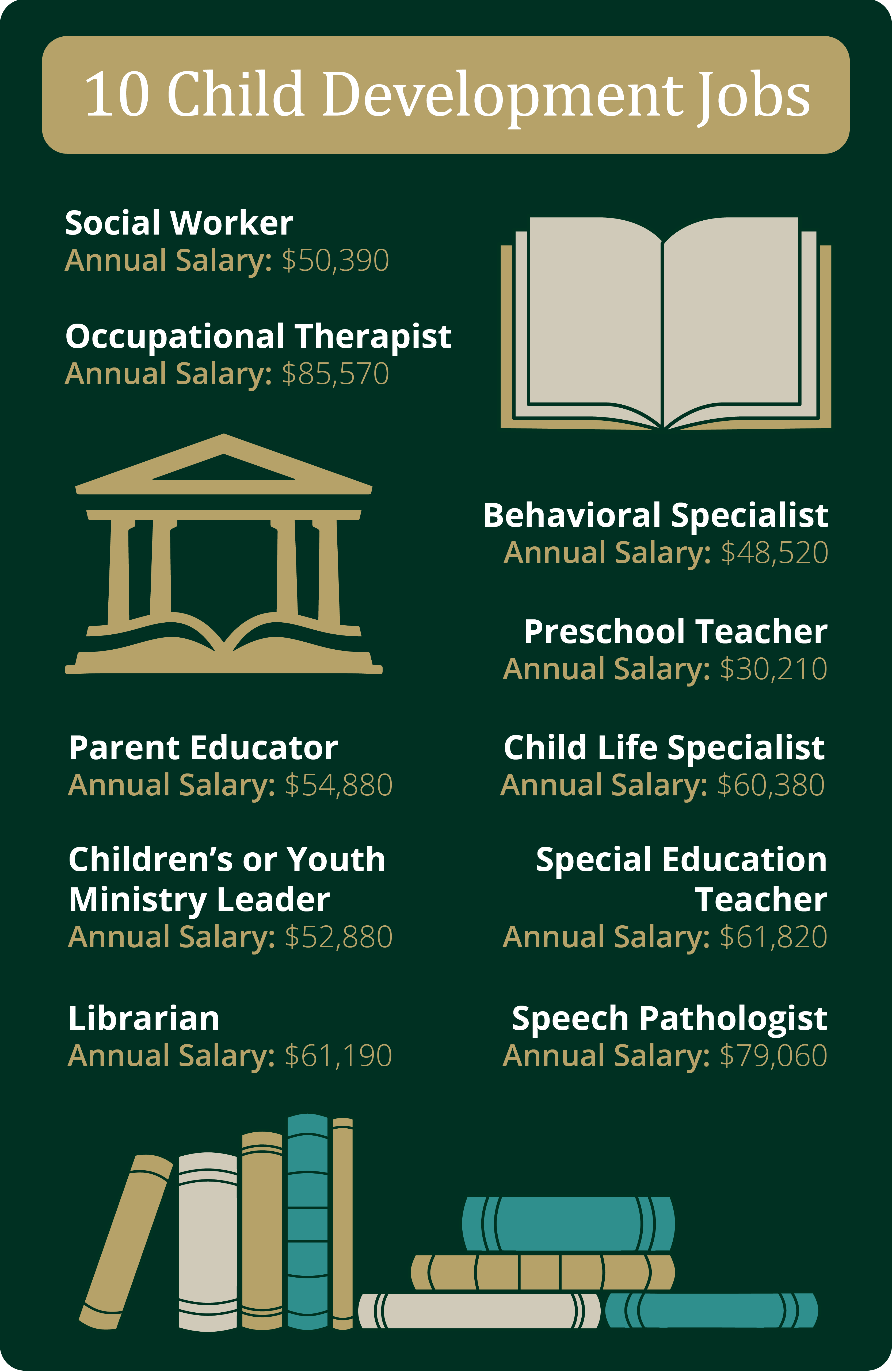
Credit: www.pointloma.edu
Challenges Faced
Early childhood educators face various challenges on a daily basis. While it can be a rewarding career, it also requires patience, understanding, and the ability to handle difficult situations. Here are some of the challenges that early childhood educators face:
Behavior Management
One of the most significant challenges faced by early childhood educators is behavior management. Children at this age are still developing their social and emotional skills, which can lead to challenging behavior. Educators must learn how to manage difficult behavior in a way that is both effective and compassionate. This can include developing strategies for positive reinforcement, setting clear boundaries, and using appropriate consequences when necessary.
Parental Involvement
Another challenge faced by early childhood educators is parental involvement. Some parents may be uninvolved or difficult to communicate with, while others may be overly involved and demanding. Educators must find a way to communicate effectively with parents and involve them in their child’s education without compromising their professional boundaries. This can include regular communication through newsletters, conferences, and other means, as well as setting clear expectations for parental involvement.
Despite these challenges, early childhood education can be a fulfilling and rewarding career. With the right skills and training, educators can make a significant difference in the lives of young children and their families.
Professional Growth
Professional Growth: Pursuing a career in early childhood education opens doors to various opportunities for professional growth.
Continuing Education
Continuing education is vital for early childhood educators to stay updated with the latest teaching methodologies.
Networking
Building a strong network within the early childhood education community can provide valuable insights and support.
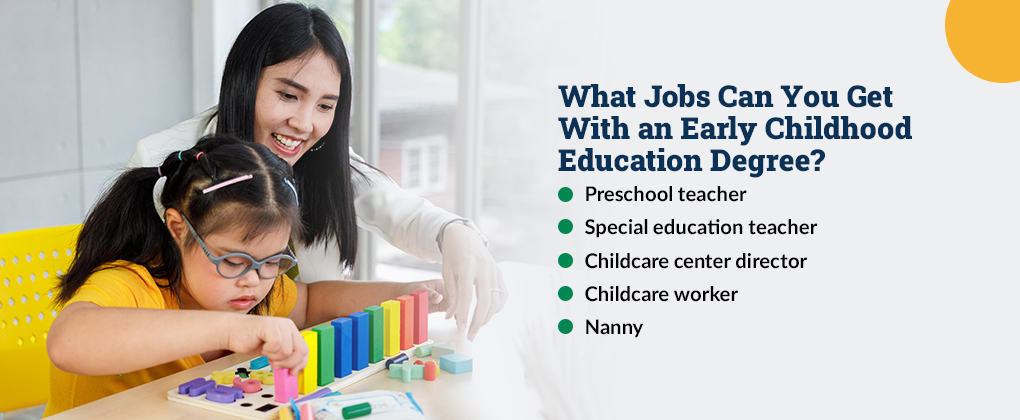
Credit: mwcc.edu
Earning Potential
Early childhood education degree holders can expect a promising earning potential, with various factors influencing their income levels.
Salary Range
The average salary for individuals with an early childhood education degree ranges from $30,000 to $50,000 per year, depending on experience and location.
Factors Influencing Income
- Experience level in the field
- Employment setting (public school, private daycare, non-profit organization)
- Geographic location
- Additional certifications or specialized training
Frequently Asked Questions
What Is The Highest Paying Job In Early Childhood Education?
The highest paying job in early childhood education is typically a director or administrator position. These professionals oversee the operations and staff of childcare centers or preschools. They are responsible for ensuring quality care, implementing educational programs, and managing the facility’s budget and resources.
Is An Early Childhood Education Degree Worth It?
Yes, an early childhood education degree is worth it as it opens up opportunities for rewarding careers in the field. It provides essential skills and knowledge for working with young children and can lead to fulfilling and impactful roles in education and child development.
What Degree Is Best For Early Childhood Education?
A Bachelor’s degree in Early Childhood Education is best for pursuing a career in this field.
Does Ut Have Early Childhood Education?
Yes, UT offers early childhood education programs. These programs focus on preparing students for careers in childcare and education.
Conclusion
Considering the vast opportunities in early childhood education, pursuing a degree can lead to a fulfilling career. From teaching to administration, this field offers a range of paths to make a positive impact on young lives. With dedication and passion, an early childhood education degree can open doors to a rewarding future.
Lorem Ipsum is simply dummy text of the printing and typesetting industry. Lorem Ipsum has been the industry’s standard dummy text ever since the 1500s, when an unknown printer took a galley of type and scrambled it to make a type specimen book.

